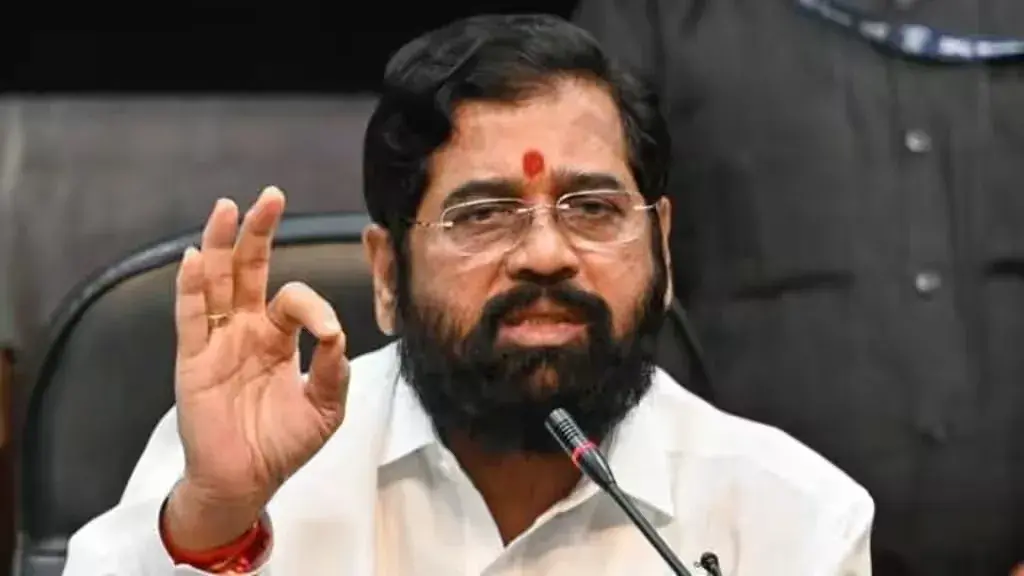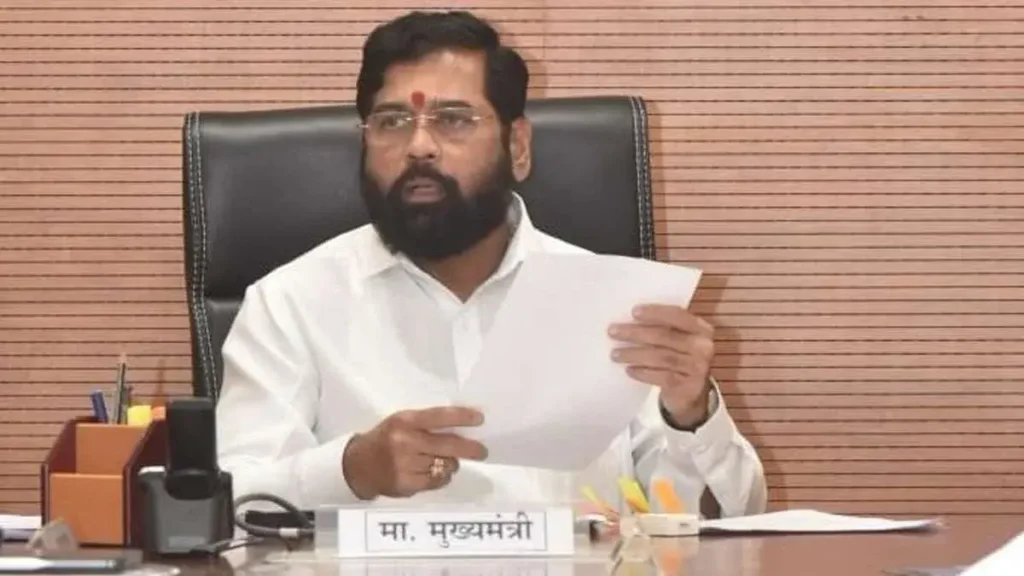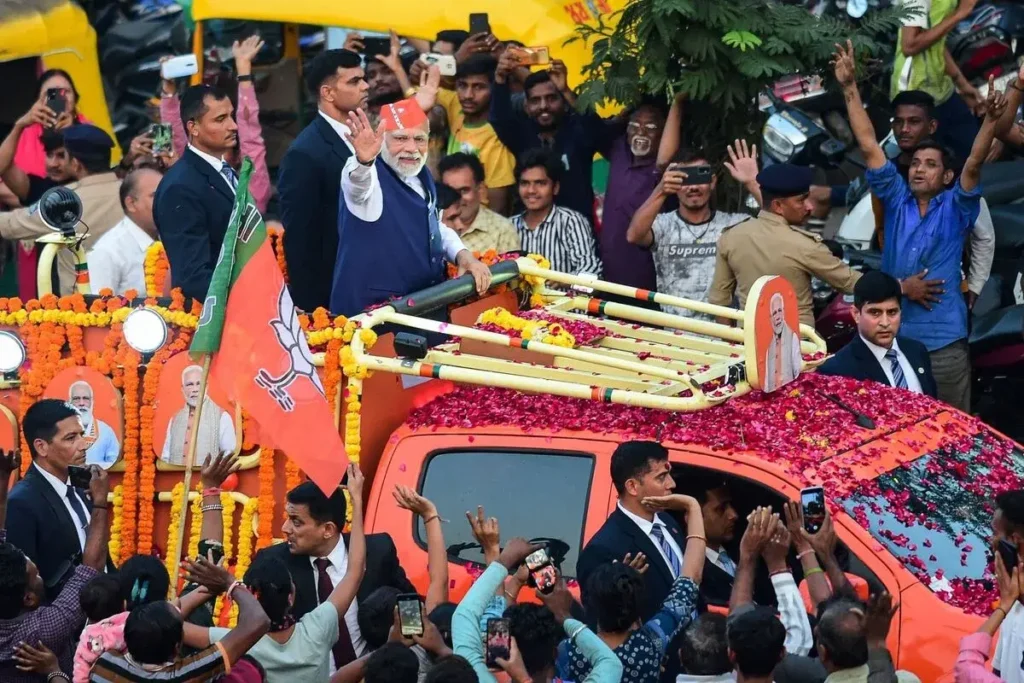Maharashtra Government Launches ‘Laadla Bhai Yojna’: Offers Rs 6,000 Monthly to 12th Pass Youths
The Maharashtra government has introduced a new scheme called ‘Laadla Bhai Yojna’. Under this initiative, male students who have completed their 12th grade will receive Rs 6,000 monthly. Chief Minister Eknath Shinde unveiled the initiative in Pandharpur on Tuesday, ahead of the upcoming assembly elections. Diploma holders will receive Rs 8,000 monthly, while graduates will receive Rs 10,000. The scheme, officially named Mukhyamantri Yuva Karya Prashikshan Yojana, aims to address industry manpower needs while providing employment opportunities. Previously, the Maharashtra government launched the ‘Ladli Behna’ scheme, offering Rs 1,500 monthly to economically disadvantaged women aged 21 to 60. Finance Minister Ajit Pawar announced the provision of Rs 46,000 crore for this initiative. Ajit Pawar also announced relief measures for farmers, including the waiver of electricity bills for irrigation pumps. Soybean and cotton farmers facing lower-than-expected prices will receive compensation of Rs 5,000 per hectare, up to two hectares. During the elections, farmers expressed discontent over various issues, such as delays in lifting the onion export ban, which severely affected their earnings. In the budget, the government also pledged free education for female students, aiming to enhance female literacy and empowerment.



